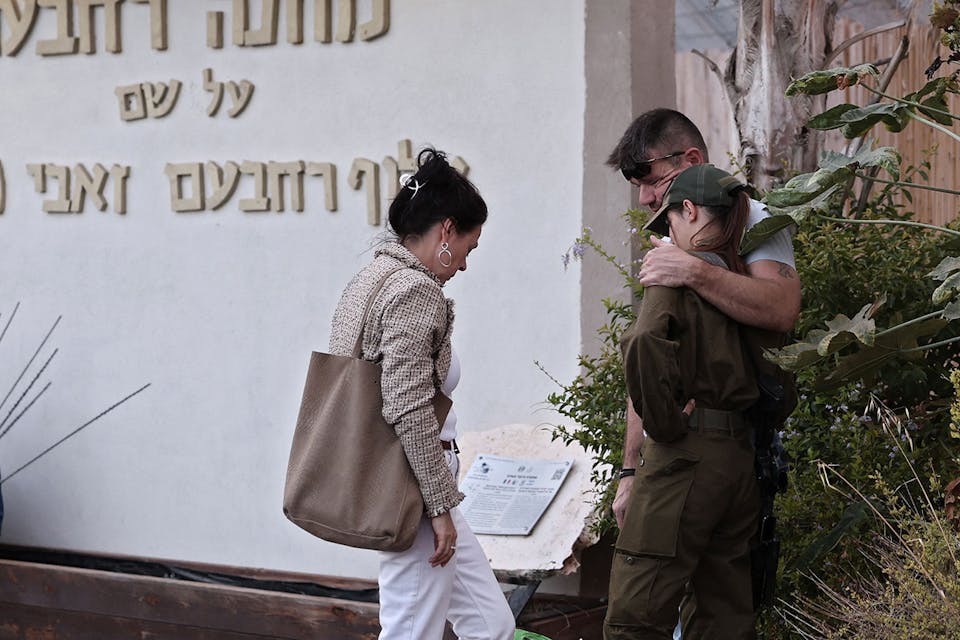
October 19, 2023
“Now We Act as If Everyone We Encounter Might Be Grieving”
Israelis are making an extra effort to be kind to each other, even to the point of letting others pass them when driving, Sarah Rindner reports.
On a beautiful Thursday during the middle days of Sukkot, my family took a day trip to the Golan Heights. We visited a newly developed national park called Sussita, which contains the ruins of the ancient Graeco-Roman city Hippos. It was also the site of a daring defeat of Syrian troops by ordinary residents of the nearby Kibbutz Ein Gev in Israel’s War of Independence. The site’s vivid explanatory movie had my older children mesmerized, but afterwards they started to ask questions. Are there still enemy soldiers waiting in those hilltops? Could it happen again? Could ordinary people have to fight like that to save their homes and their families? I answered, of course, by reassuring them: we live in different times today. It’s true there are people who wish to harm us but we live in a strong country with many layers of protection between children like you and those enemies. We admire the heroes of the past, but we’re grateful that we don’t have to live in such dramatic times.
On Simchat Torah two days later that reassuring narrative would collapse, and we entered a new reality, or perhaps returned to a very old one. We live in Ra’anana, a leafy, prosperous city north of Tel Aviv that is known for its large population of olim from all around the world. We woke up that Shabbat and holiday morning to a siren, not a common experience in our region of Israel but not unheard of either. After we emerged from the saferoom, my husband left for the synagogue and I prepared to follow with my children and their little flags and toy Torah scrolls soon afterward. Before we could leave, however, my husband returned. Services were wrapping up quickly because there was a balagan (a tumult or chaotic situation) in the south. Over the course of the eerily quiet day we received more updates here and there, but since—because of the Sabbath—neither we nor most of our neighbors were using our phones or computers, we had only a vague sense of the situation.
When we checked the news right after nightfall, we realized the situation was more appalling than we could have imagined; and even then the extent of the atrocities was only beginning to be understood. It seemed like every friend or neighbor in the military reserves was being called to report for duty, including local rabbis and teachers at our children’s schools. We told our kids that bad guys had tried to attack but that we were stopping them, and that we were going to teach them a lesson they would not forget. Then another alarm sounded, and we prepared our saferoom and the room next door with mattresses for our kids to sleep on overnight.
Responses to October ’s Essay
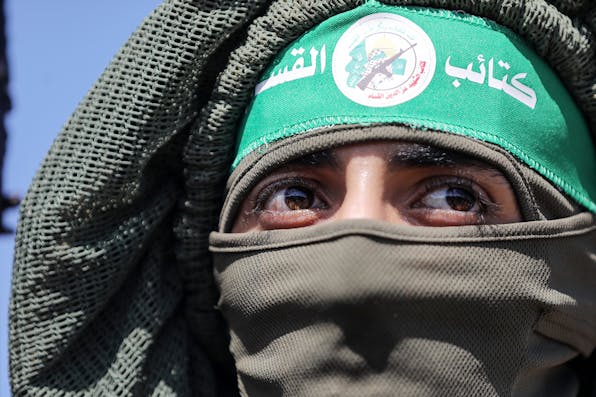
October 2023
Hamas’s Messianic Violence
By Hussein Aboubakr Mansour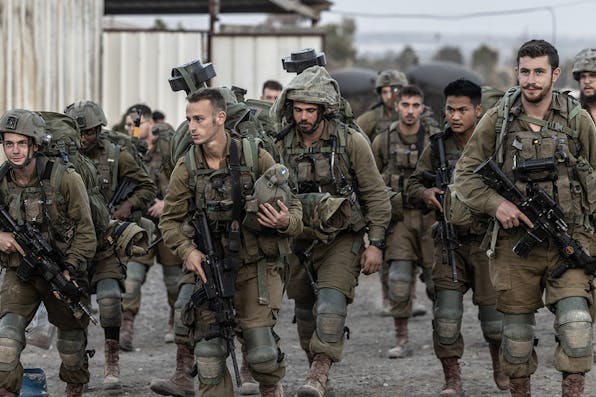
October 2023
The Whole Middle East Is Counting on Israel to Destroy Hamas
By Evelyn Gordon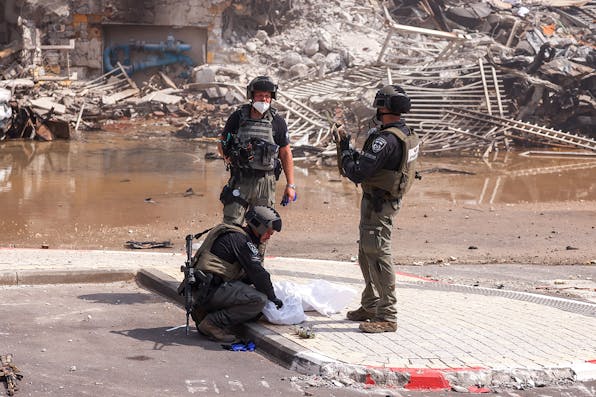
October 2023
“OK, So I’ll Tell You What Happened This Saturday from My Perspective.”
By Namer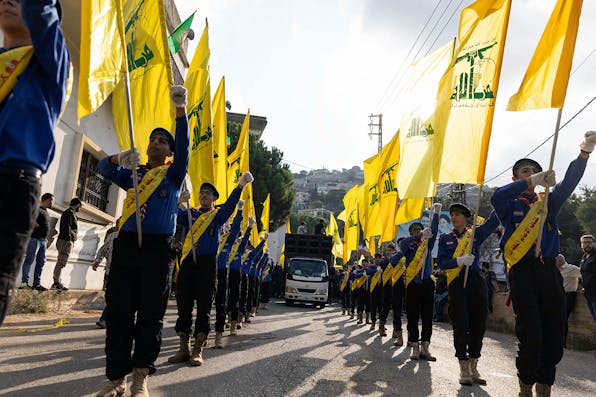
October 2023
Israel’s Outside-the-Box Options
By Aaron MacLean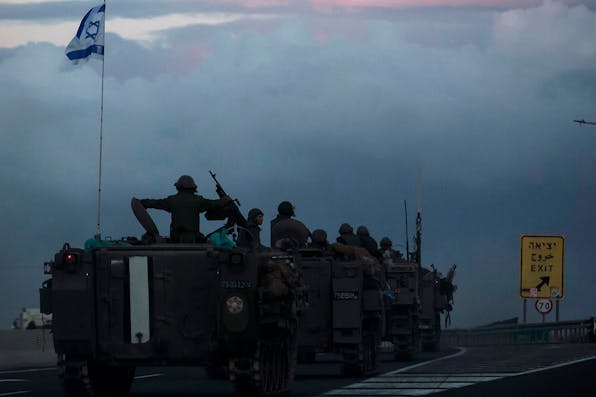
October 2023
The Cost of Strong American Support at the Start of the War
By Jonathan Schachter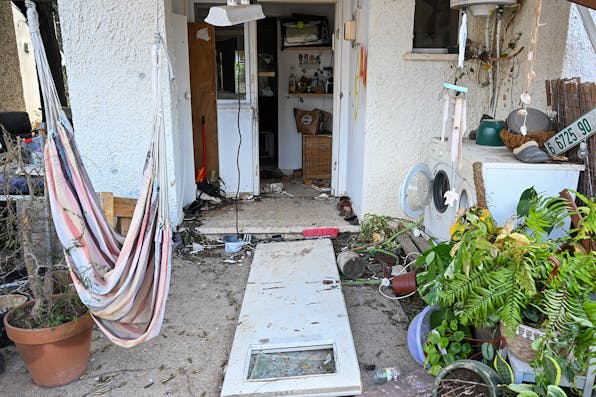
October 2023
The Death of Evidence-Based Two-Statism
By Rafi DeMogge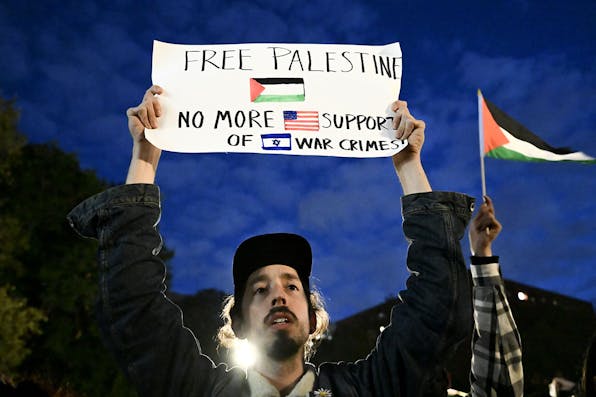
October 2023
Israel’s Existential Struggle Is Also the West’s
By Arthur Herman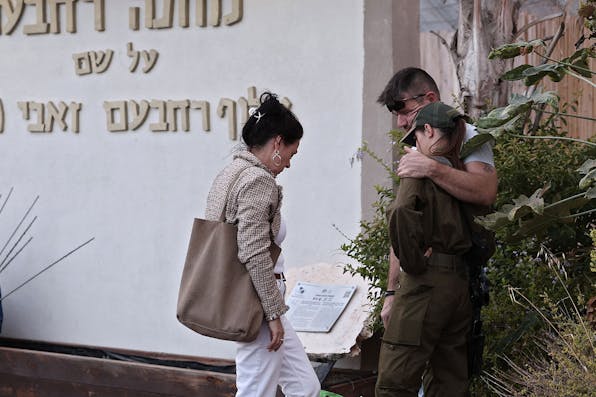
October 2023
“Now We Act as If Everyone We Encounter Might Be Grieving”
By Sarah Rindner
October 2023
America Can No Longer Wait to Put Its Own House in Order
By Stephen Peter Rosen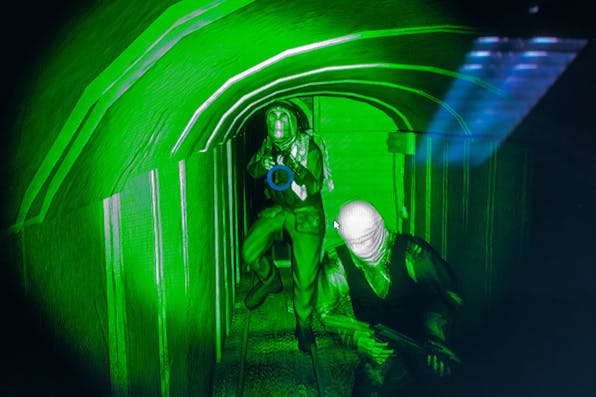
October 2023
The Social-Media War
By Arieh Kovler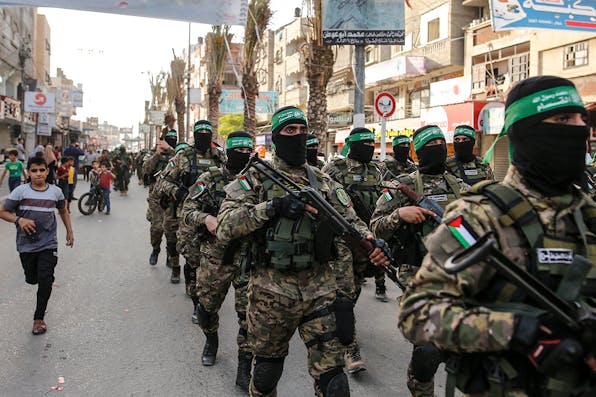
October 2023
The Extremist’s Gambit Helps Explain Why Hamas Attacked Now
By Tanner Greer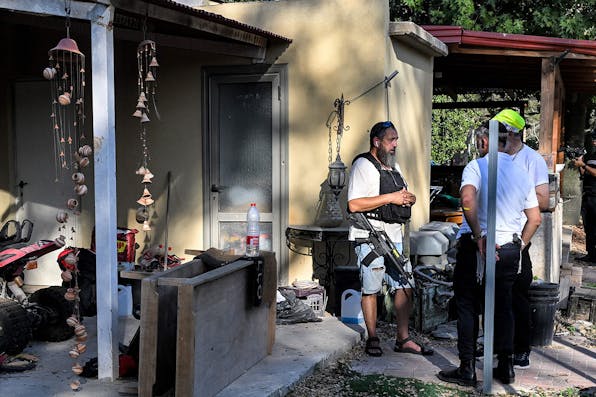
October 2023
Left, Right, Haredi: Three Great Awakenings of the Gaza War
By Yehoshua Pfeffer
October 2023
“Today the Jews. Tomorrow You.”
By Andrew Doran